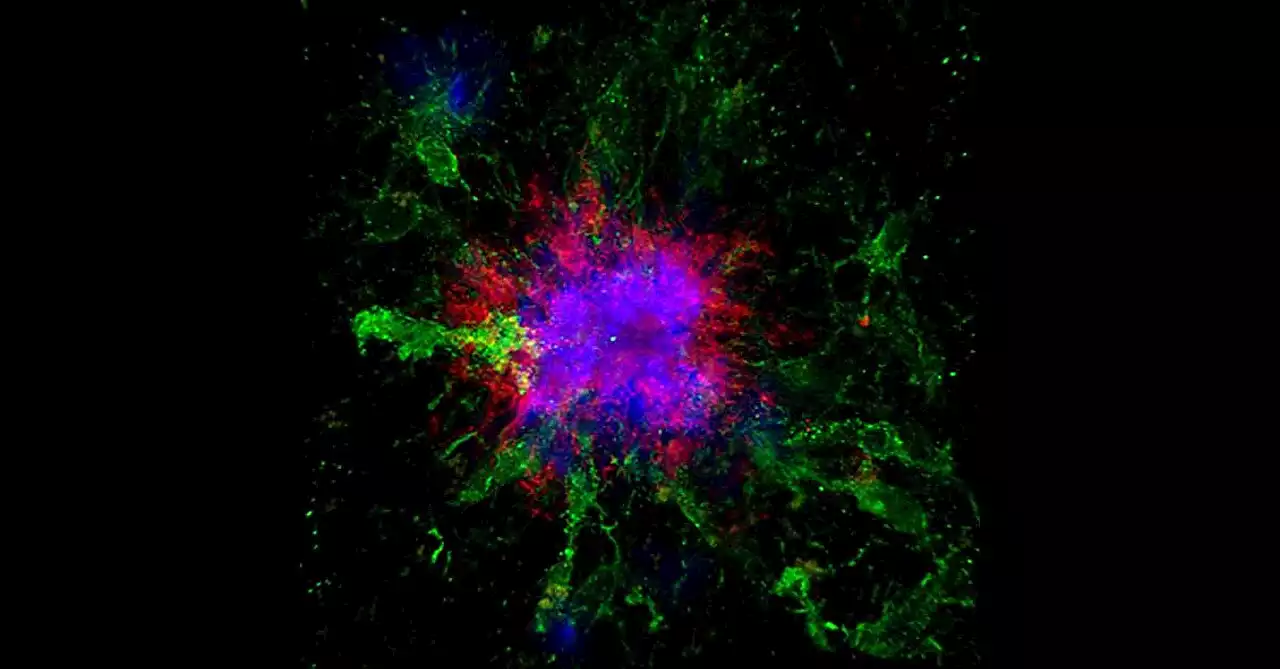Regulatory T cells-;work horses of the body's immune system-;may also stabilize mood, according to a study. Forkhead box P3 (Foxp3) is a transcription factor that controls the production of regulatory T cells (Tregs).
Reviewed by Lily Ramsey, LLMAug 22 2023 Tregs are key regulators of the adaptive immune system; however, previous work also suggests Tregs can influence mood. Decreased Foxp3 expression is associated with major depressive disorders.
Giulio Maria Pasinetti and colleagues tested a line of lab mice whose Tregs can be temporarily depleted on standard tasks designed to measure depression and anxiety in the rodents. Treg-depleted mice were more likely to hide in darkness, moved less, and gave up on self-preservation actions more easily-;suggesting that Treg-depleted mice were more anxious and depressed than control mice.
Additionally, mice bred to model Alzheimer's disease showed cognitive impairments when their Tregs were depleted. The authors posit that Treg depletion causes proliferation of peripheral immune cells, some of which can cross the blood-brain barrier into the brain and cause inflammatory responses in the hippocampal formation.
Danmark Seneste Nyt, Danmark Overskrifter
Similar News:Du kan også læse nyheder, der ligner denne, som vi har indsamlet fra andre nyhedskilder.
 Neuroscientists create new resource to improve Alzheimer's disease research modelsA new study by Indiana University School of Medicine researchers uses more genetically diverse mouse models to study the accumulation and spread of abnormal tau protein deposits in the brain—a known sign of Alzheimer's disease and several other neurodegenerative diseases. The study's findings, recently published in the Journal of Experimental Medicine, could lead to better research models that improve understanding of how different genetic backgrounds influence neurodegenerative disease development and treatment needs.
Neuroscientists create new resource to improve Alzheimer's disease research modelsA new study by Indiana University School of Medicine researchers uses more genetically diverse mouse models to study the accumulation and spread of abnormal tau protein deposits in the brain—a known sign of Alzheimer's disease and several other neurodegenerative diseases. The study's findings, recently published in the Journal of Experimental Medicine, could lead to better research models that improve understanding of how different genetic backgrounds influence neurodegenerative disease development and treatment needs.
Læs mere »
 Intermittent fasting improves Alzheimer's pathology in mouse modelOne of the hallmarks of Alzheimer's disease is disruption to the body's circadian rhythm, the internal biological clock that regulates many of our physiological processes. Nearly 80% of people with Alzheimer's experience these issues, including difficulty sleeping and worsening cognitive function at night. However, there are no existing treatments for Alzheimer's that target this aspect of the disease.
Intermittent fasting improves Alzheimer's pathology in mouse modelOne of the hallmarks of Alzheimer's disease is disruption to the body's circadian rhythm, the internal biological clock that regulates many of our physiological processes. Nearly 80% of people with Alzheimer's experience these issues, including difficulty sleeping and worsening cognitive function at night. However, there are no existing treatments for Alzheimer's that target this aspect of the disease.
Læs mere »
 Lanarkshire family to embark on dementia charity walk in memory of beloved mumThe Cambuslang family will take part in Alzheimer Scotland’s Memory Walk in September.
Lanarkshire family to embark on dementia charity walk in memory of beloved mumThe Cambuslang family will take part in Alzheimer Scotland’s Memory Walk in September.
Læs mere »
